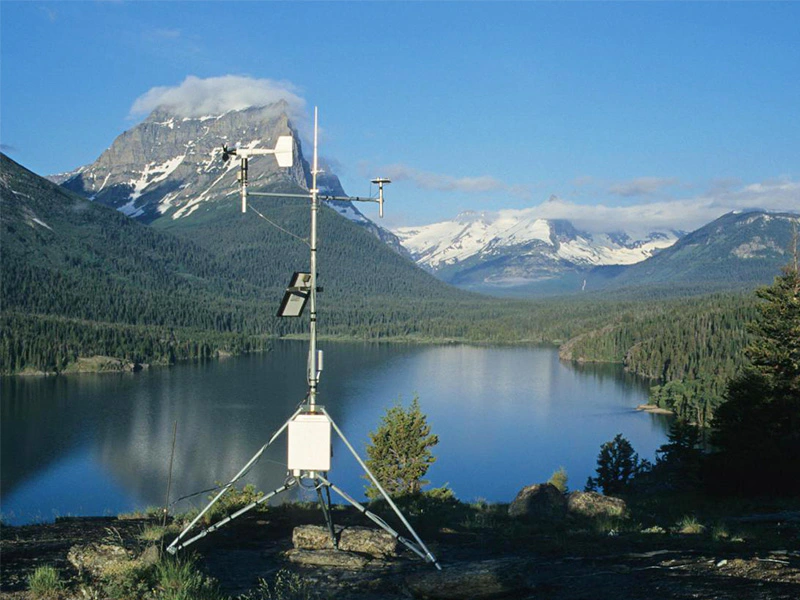
html
Meteorological Station Data Analysis and Weather Forecasting
Meteorological stations play a crucial role in collecting and analyzing weather data to provide accurate forecasts. These stations are equipped with advanced instruments to measure various atmospheric parameters such as temperature, humidity, wind speed, and precipitation. The data collected is then processed and analyzed to predict weather patterns and trends.
Importance of Meteorological Stations
Meteorological stations are essential for understanding and predicting weather conditions. They help in:
- Monitoring climate changes
- Providing early warnings for severe weather events
- Supporting agriculture and aviation industries
- Enhancing disaster preparedness
Data Collection and Analysis
Modern meteorological stations use a variety of sensors and instruments to gather data. Some of the key instruments include:
- Thermometers for temperature measurement
- Barometers for atmospheric pressure
- Anemometers for wind speed
- Hygrometers for humidity levels
The collected data is transmitted to central databases where it is analyzed using sophisticated algorithms. This analysis helps in creating weather models that predict future conditions with high accuracy.
Weather Forecasting Techniques
Weather forecasting relies on historical data and real-time observations from meteorological stations. Some common techniques include:
- Numerical Weather Prediction (NWP) models
- Statistical methods
- Machine learning algorithms
These techniques enable meteorologists to provide short-term and long-term forecasts, helping communities and industries prepare for upcoming weather conditions.
Conclusion
Meteorological stations are the backbone of weather forecasting and climate monitoring. By continuously collecting and analyzing data, they provide invaluable insights into atmospheric conditions. Advances in technology have further enhanced their capabilities, making weather predictions more reliable than ever before.
Keyword: meteorological station